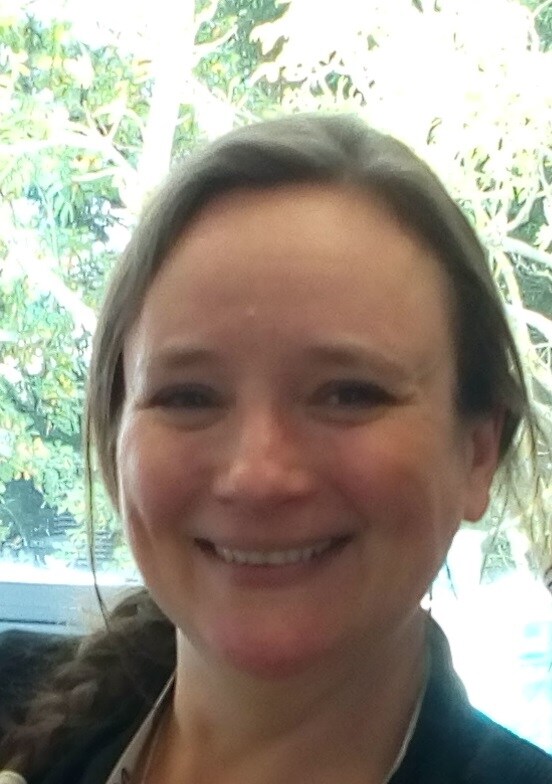
Lorna Harries, PhD is a Professor of Molecular Genetics at University of Exeter Medical School
As head of the RNA-Mediated Mechanisms of Disease group at the University of Exeter Medical School, Dr. Lorna Harries leads the group’s investigation into how and why we age, and the reason age is a major risk factor in diseases like type 2 diabetes. Her goal is to use the information the group uncovers to develop a new generation of antidegenerative drugs.
Many age-related diseases have common roots, causes and mechanisms. They arise from the failure of a few basic health-maintenance mechanisms that decline in efficiency as we age. By targeting them, Harries hopes to eventually be able to target multiple age-related diseases at once.
“Over the last few years, my group has identified that some of the processes around the expression of your genes—and more particularly around how those are regulated and which forms of the gene are expressed—are absolutely critical to healthy aging,” said Harries. “We’re targeting those to be able to get a handle, first of all, on how it works, but secondly, on where we can intervene to produce a new generation of drugs that will target the diseases of aging.”
One of those processes is cellular senescence—the process by which our cells age. By influencing gene expression levels in her research, Harries has been able to reverse senescence in cells and effectively cure age-related disease in animal models.
Getting to that point wasn’t easy. “One of the challenges is being able to distinguish the signal [disease signature] from the noise,” said Harries.
To do this, she uses sensitive research solutions like the Applied Biosystems Clariom D Pico Assay for the discovery of biomarkers through whole-transcriptome analysis with challenging samples such as formalin-fixed, paraffin-embedded (FFPE) tissue. She also uses the Applied Biosystems QuantStudio 12K Flex system for high-throughput assessment of candidate genes and siRNA products to lower gene expression.
“I think we’re at a really, really exciting time for aging research. Historically, people have viewed aging as something that happens to the best of us… but I think that view is changing,” said Harries. “Over the past decade, we’ve begun to realize that aging is not a given, or an immutable thing that you can’t influence.”
Harries has written over 90 peer-reviewed articles and was awarded the Diabetes UK RD Lawrence Prize Lectureship in 2011.
Read Lorna Harries full interview, and find out more about our comprehensive gene expression solutions – let us know how we can help!
Leave a Reply